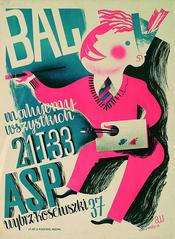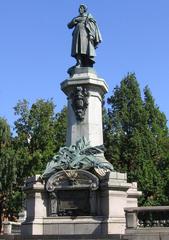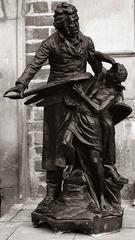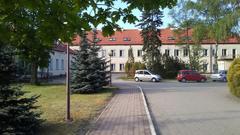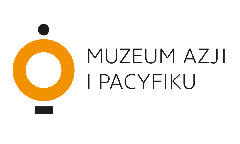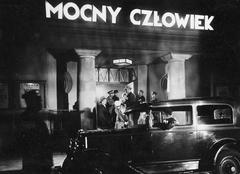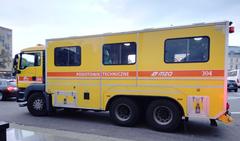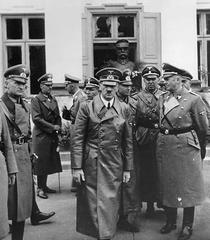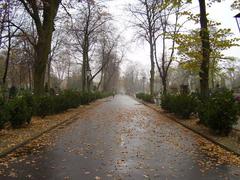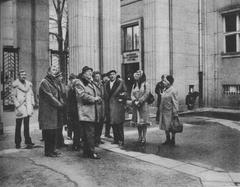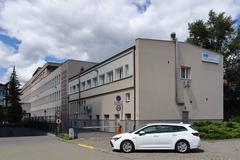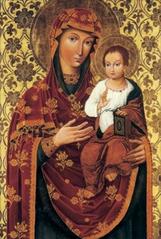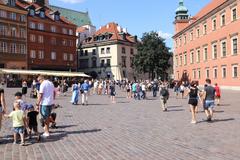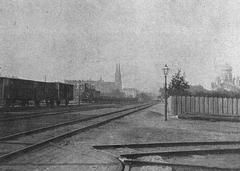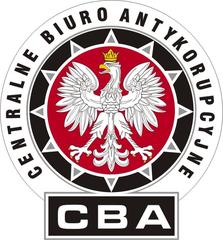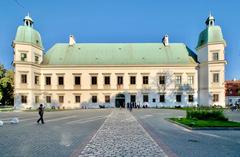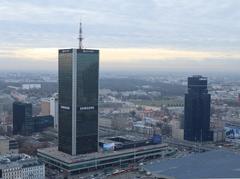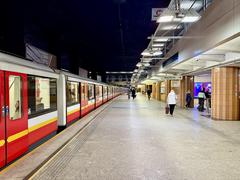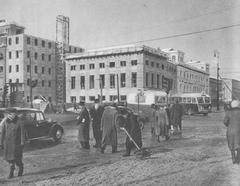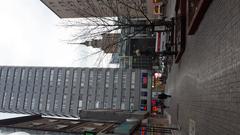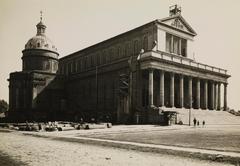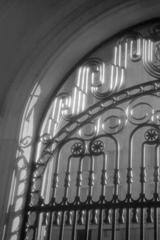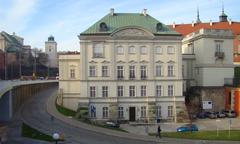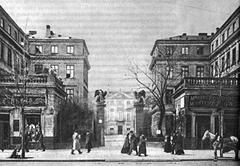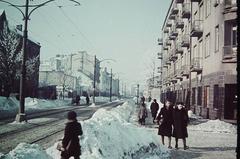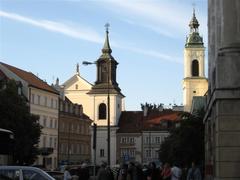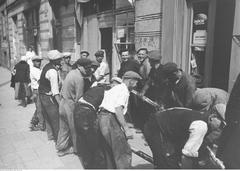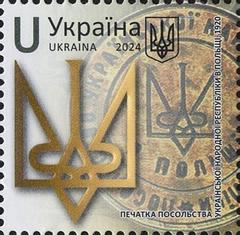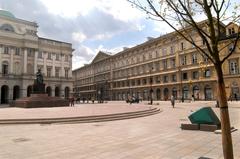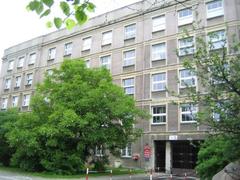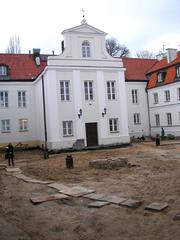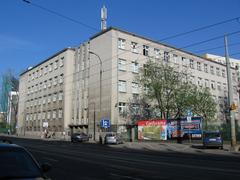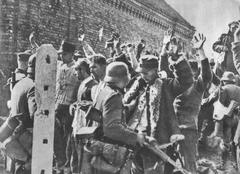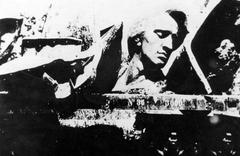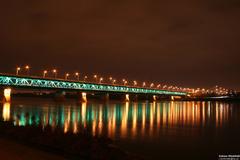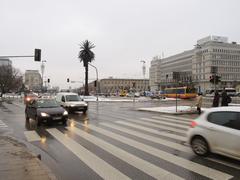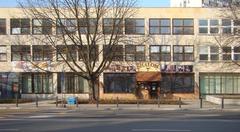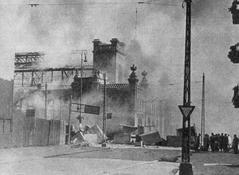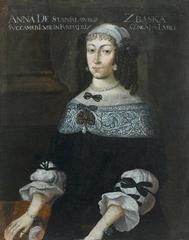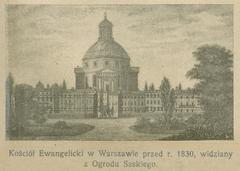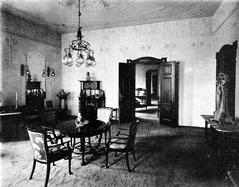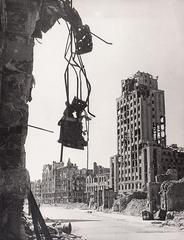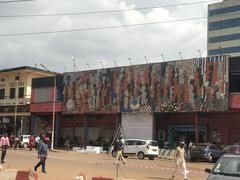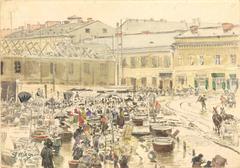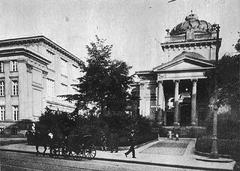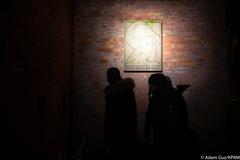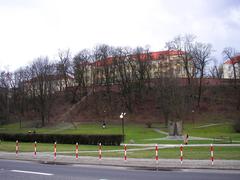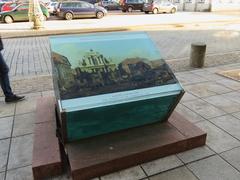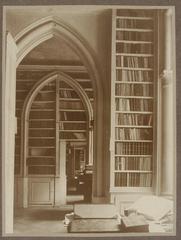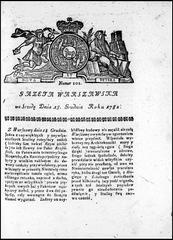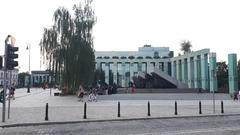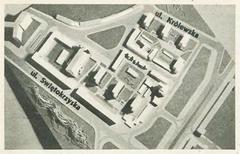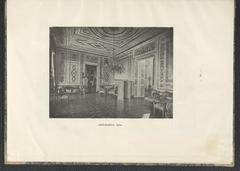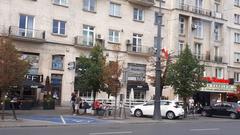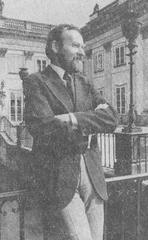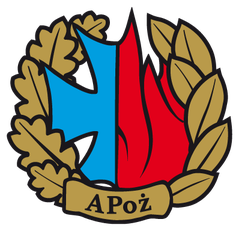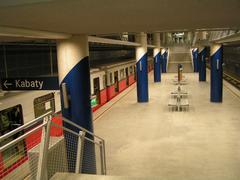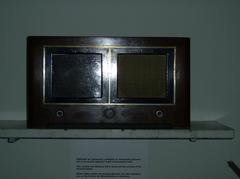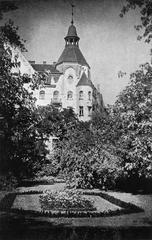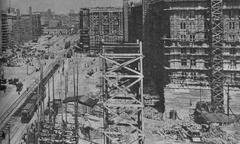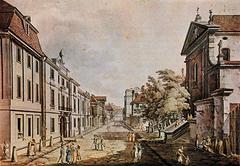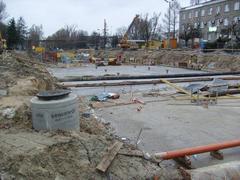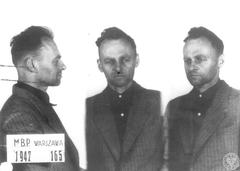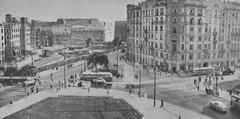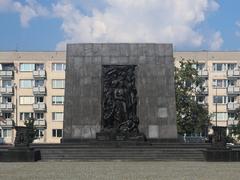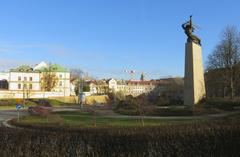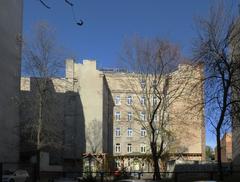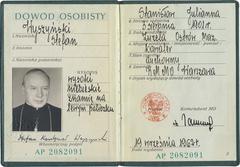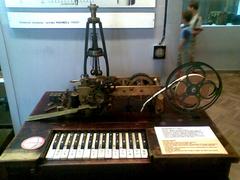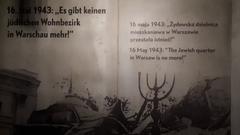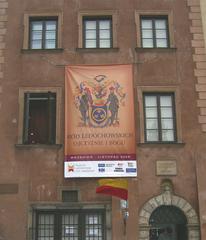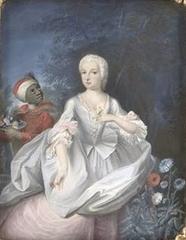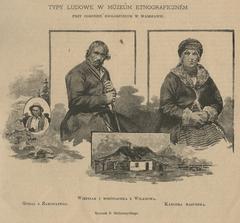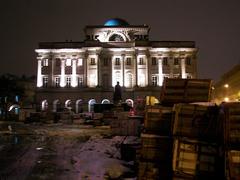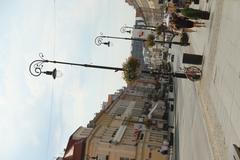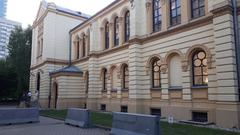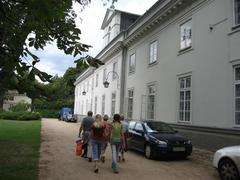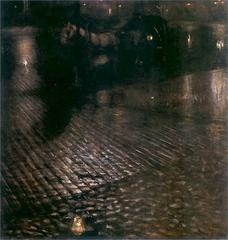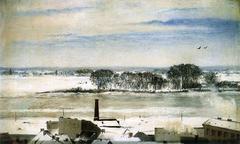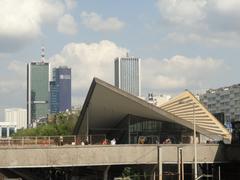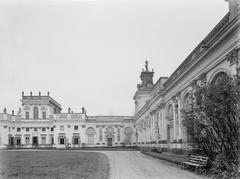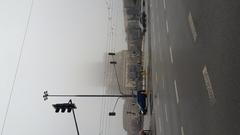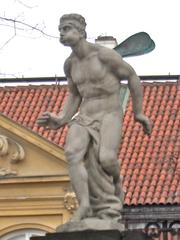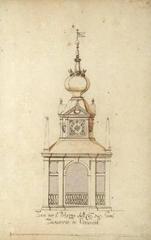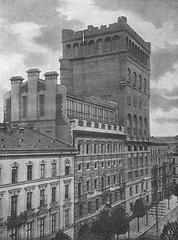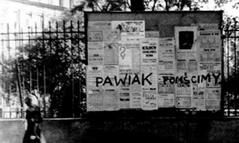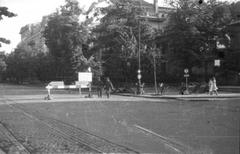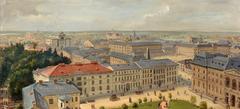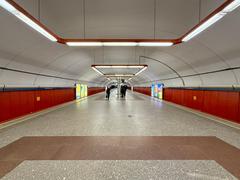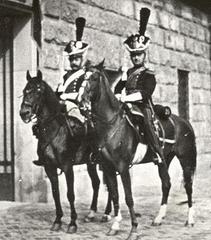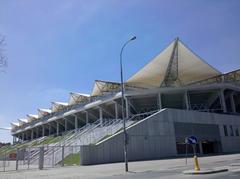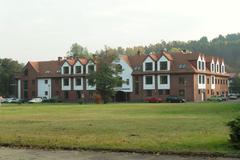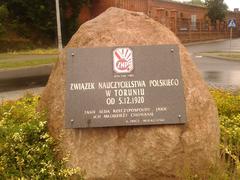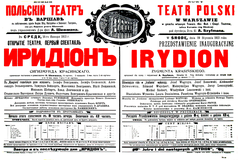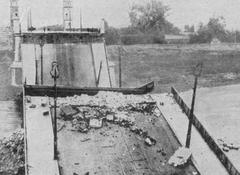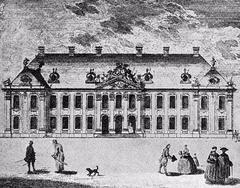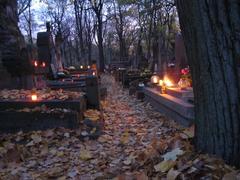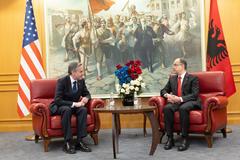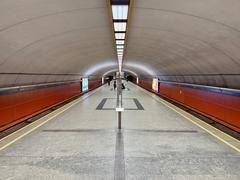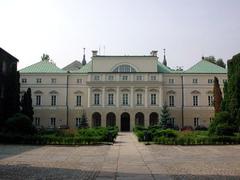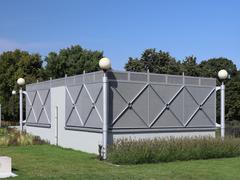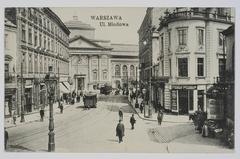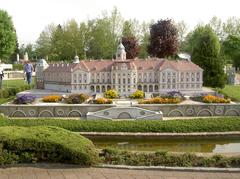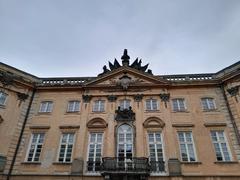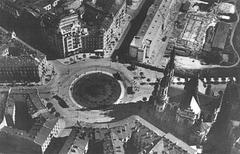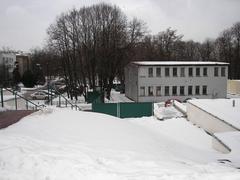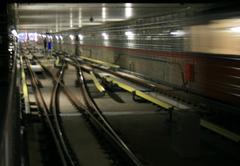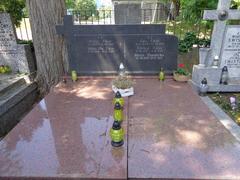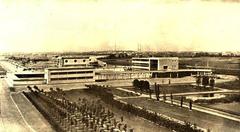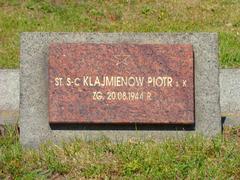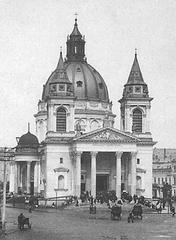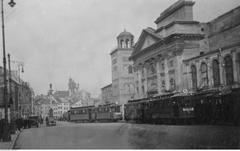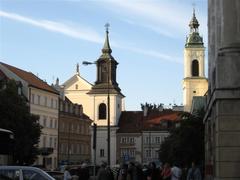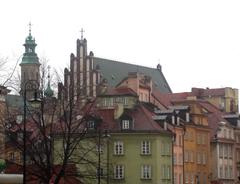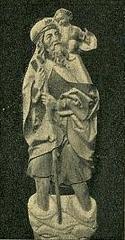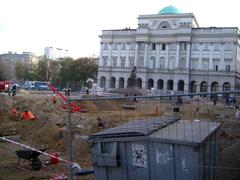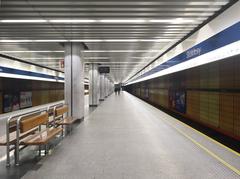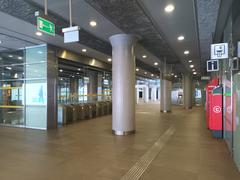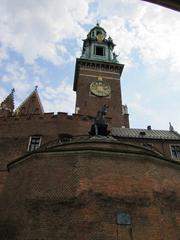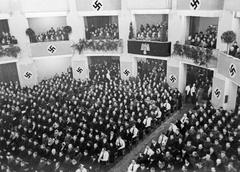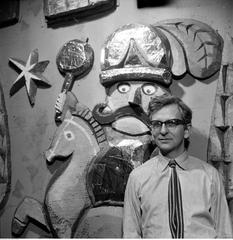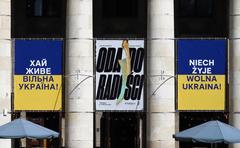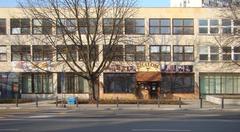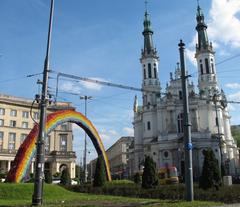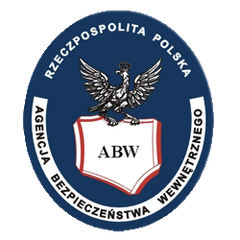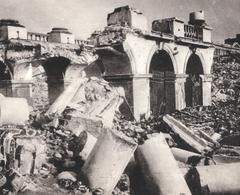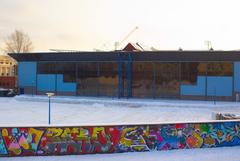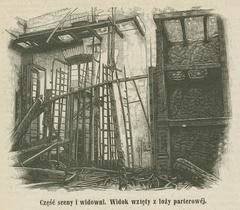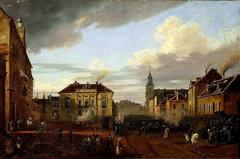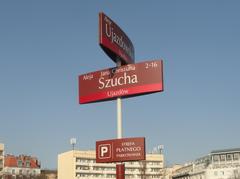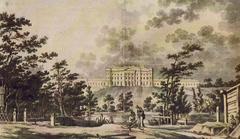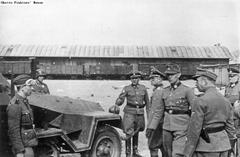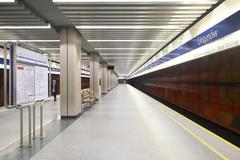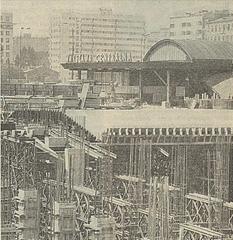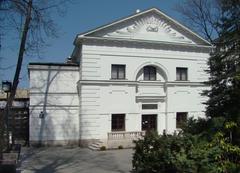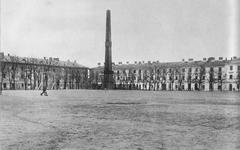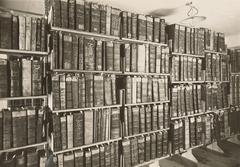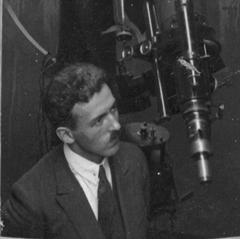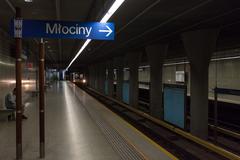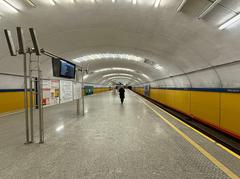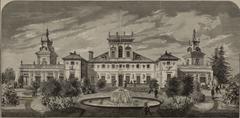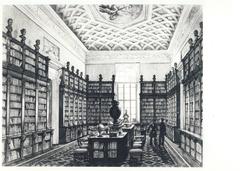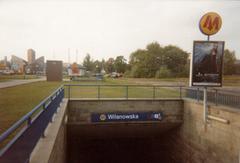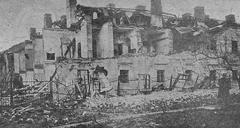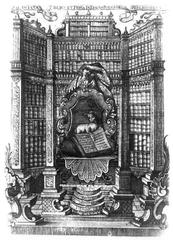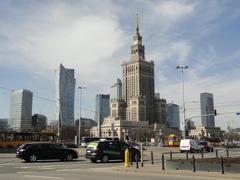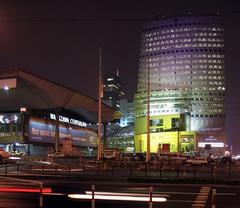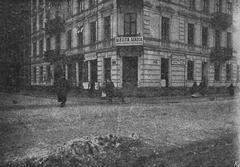
History Meeting House Warsaw: Visiting Hours, Tickets, and Attractions Guide
Date: 04/07/2025
Introduction: The Significance of the History Meeting House
Nestled in central Warsaw, the History Meeting House (Dom Spotkań z Historią, DSH) is a distinctive cultural institution committed to illuminating the complex narratives of Poland and Central-Eastern Europe’s 20th-century history. Founded in 2006, the DSH’s mission is to foster public dialogue, education, and reflection by presenting history through personal testimonies, photographic archives, and multimedia resources. Its focus on everyday experiences, rather than solely grand historical narratives, offers a unique and accessible entry point for understanding Warsaw’s—and the region’s—turbulent past (culture.pl; museumstudiesabroad.org).
Home to Poland’s largest Oral History Archive, the DSH specializes in grassroots perspectives, featuring thousands of recorded interviews and a robust program of exhibitions, events, and workshops. Its central location at ul. Karowa 20—within walking distance of the Old Town and the Royal Castle—makes it an essential stop for visitors seeking to explore Warsaw’s rich historical landscape (go2warsaw.pl; bestofwarsaw.pl; dsh.waw.pl).
This guide provides comprehensive, up-to-date information on visiting hours, ticketing, accessibility, exhibitions, educational programming, and nearby attractions, ensuring a rewarding experience for all visitors.
Table of Contents
- Origins and Historical Context
- Institutional Mission and Objectives
- Exhibitions and Collections
- Archival Collections and Media Library
- Educational Programs and Community Engagement
- Outdoor Exhibitions and Special Projects
- Visitor Information: Hours, Tickets, and Accessibility
- Facilities and Amenities
- Travel Tips and Nearby Attractions
- Visitor Reviews and Practical Tips
- Frequently Asked Questions (FAQ)
- Visuals and Media Recommendations
- Explore More Warsaw Historical Sites
- Summary
- References
Origins and Historical Context
The History Meeting House was established in 2006 as a municipal initiative of the City of Warsaw and the KARTA Center, a prominent non-governmental organization focused on documenting and popularizing 20th-century history in Central and Eastern Europe (Wikipedia; museumstudiesabroad.org). The DSH was conceived to address the need for a space where personal stories, photographs, and multimedia archives could bring history to life and make it accessible to wide audiences.
The institution’s founding coincided with the 60th anniversary of World War II’s end, underscoring its dedication to memory, dialogue, and inclusivity. Its archives now contain more than 4,000 recorded interviews and over 52,000 testimonies, offering an unparalleled resource for exploring the human dimension of Warsaw’s wartime and postwar transformations (museumstudiesabroad.org; tury.club).
Institutional Mission and Objectives
The DSH’s primary aim is to:
- Document and share personal stories through oral histories and archival materials.
- Stimulate critical reflection via exhibitions, debates, and educational programs.
- Support research and foster collaborations with other cultural and historical organizations.
- Promote international understanding by offering cross-cultural exhibitions and multilingual resources (culture.pl).
Exhibitions and Collections
Key Themes and Highlights
The DSH is renowned for its innovative, rotating exhibitions that use documentary photography, multimedia installations, and interactive elements to explore Warsaw’s 20th-century history. Notable exhibitions have included “The Dream of the City: Warsaw of the 50s and 60s in Zbyszko Siemaszko’s Photography,” as well as thematic explorations of the Warsaw Uprising, the Holocaust, and everyday life under communism (culture.pl; tury.club).
Exhibitions draw on extensive archives, including photographs, oral histories, personal artifacts, film, and audio recordings. The flexible gallery spaces allow for a range of formats, from large-scale photographic installations to intimate multimedia displays.
Outdoor Exhibitions and Special Projects
The DSH regularly uses its adjacent outdoor square to present open-air exhibitions, such as large-format photographs and commemorative multimedia installations, making history accessible to passersby at all hours (tury.club).
Archival Collections and Media Library
The DSH’s archive and media library is a vital resource for researchers and the public, featuring:
- Over 4,000 biographical interviews and 52,000 testimonies from 56 countries.
- Extensive digitized photographic collections documenting Warsaw’s 20th-century transformation.
- Audio and video recordings, letters, diaries, and personal memorabilia.
Visitors can access these materials on-site with the help of knowledgeable staff (tury.club).
Educational Programs and Community Engagement
Education is central to DSH’s mission. Programs include:
- Guided Tours: Led by expert historians and curators (book in advance).
- Workshops and Seminars: For schools, universities, and adults, focusing on oral histories, archival research, and participatory learning.
- Public Lectures, Panel Discussions, and Author Events: Deepening historical dialogue and encouraging civic engagement.
Many programs are bilingual (Polish and English), and admission is often free or low-cost (grupastarowka.pl; bestofwarsaw.pl).
Outdoor Exhibitions and Special Projects
Beyond its regular exhibitions, the DSH collaborates with international museums and organizations on traveling exhibitions, global commemorations, and unique artistic events, such as the International Poster Biennale and eyewitness testimony projects (allevents.in; tury.club).
Visitor Information: Hours, Tickets, and Accessibility
- Address: ul. Karowa 20, 00-324 Warsaw
- Opening Hours:
- Tuesday–Friday: 10:00–20:00
- Saturday–Sunday: 11:00–20:00
- Closed Mondays
- Admission: Free of charge; no tickets required. Some special exhibitions or workshops may require registration.
- Accessibility: Fully wheelchair accessible; accessible restrooms; staff assistance available.
- Language: Most exhibitions and materials are bilingual (Polish and English).
(dsh.waw.pl; museumstudiesabroad.org; bestofwarsaw.pl)
Facilities and Amenities
- Café: Relaxed space for refreshments.
- Reading Room: Access to books, archival materials, and multimedia content.
- Bookshop: Specializing in 20th-century history, photography, and Warsaw-related publications.
- Restrooms: Modern and fully accessible.
- Wi-Fi: Free access for visitors.
Travel Tips and Nearby Attractions
Getting There
- Public Transport: Easily reachable by tram or bus, with stops “Uniwersytet” and “Krakowskie Przedmieście” nearby. About 15 minutes on foot from the Centrum metro station.
- On Foot: A short walk from the Old Town, Royal Castle, and other major sites.
- By Car: Limited parking; public transport or walking is recommended.
Nearby Attractions
- Royal Castle: Symbol of Poland’s heritage.
- St. Anne’s Church: Noted for panoramic views.
- Old Town Market Square: UNESCO World Heritage Site.
- Warsaw Uprising Museum: Deep dive into WWII history.
- POLIN Museum of the History of Polish Jews: Comprehensive history of Poland’s Jewish community.
Visitor Reviews and Practical Tips
The DSH is highly rated by visitors for its compelling exhibitions, knowledgeable staff, and welcoming atmosphere. Reviews highlight the emotional power of oral histories and the value of bilingual materials. Plan to spend 1–2 hours and check the event calendar for special programs.
Tips:
- Check the official website for current exhibitions and events.
- Photography (non-flash) is generally permitted.
- Combine your visit with nearby historical sites for a full itinerary.
Frequently Asked Questions (FAQ)
Q: What are the opening hours?
A: Tuesday–Friday 10:00–20:00; Saturday–Sunday 11:00–20:00; closed Mondays.
Q: Is admission free?
A: Yes, entry is free for all.
Q: Are guided tours available?
A: Yes, curator-led tours are offered; check the schedule and book in advance.
Q: Is the venue wheelchair accessible?
A: Fully accessible, including restrooms.
Q: Are exhibitions available in English?
A: Most exhibitions and materials are bilingual (Polish and English).
Q: Can visitors access the Oral History Archive?
A: Yes, via the multimedia reading room.
Q: Are there facilities for families?
A: Yes, interactive and family-friendly exhibitions and activities are available.
Visuals and Media Recommendations
- Photographs of the DSH façade and interior exhibitions.
- Archival images from Warsaw’s 20th century.
- Maps of the surrounding area.
- Virtual tours and multimedia content via the official website.
Explore More Warsaw Historical Sites
Expand your journey through history by visiting:
Summary
The History Meeting House offers a profound, accessible, and engaging exploration of Warsaw’s—and Central-Eastern Europe’s—20th-century history. Its emphasis on personal testimonies, dynamic exhibitions, and educational outreach distinguishes it as a vital cultural institution. With free admission, accessible facilities, and a central location, it is an unmissable site for history enthusiasts, families, and curious travelers. For up-to-date schedules and resources, visit the official DSH website.
Enhance your visit: Download the Audiala app for guided tours and event notifications, and follow DSH and Audiala on social media for the latest updates.
References
- This is a sample text. (culture.pl)
- This is a sample text. (tury.club)
- This is a sample text. (dsh.waw.pl)
- This is a sample text. (museumstudiesabroad.org)
- This is a sample text. (bestofwarsaw.pl)
- This is a sample text. (go2warsaw.pl)
- This is a sample text. (allevents.in)
- This is a sample text. (nomadicmatt.com)
- This is a sample text. (Wikipedia)
- This is a sample text. (grupastarowka.pl)

